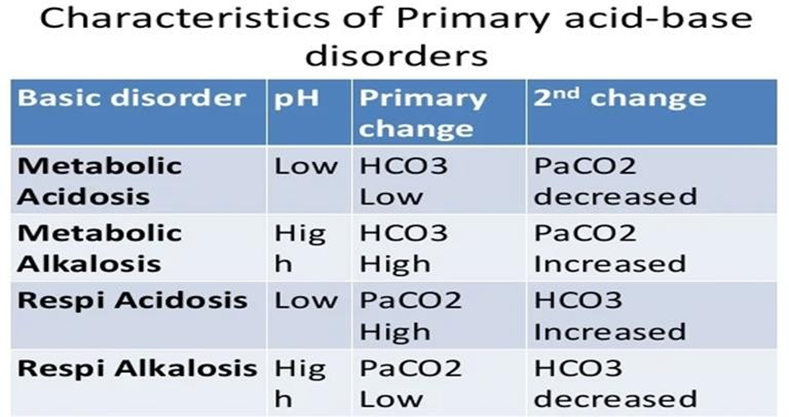A nurse discovers that the physician has prescribed a higher than recommended dose of a medication for a client. Which is the most appropriate action for the nurse to take?
give the recommended dose of the medication based on the client's diagnosis
Hold the ordered dose & document their rationale regarding the dose.
Call the pharmacy to report a mistake
Call the prescribing physician to clarify the order
The Correct Answer is D
D. Calling the prescribing physician to clarify the order is the most appropriate action in this situation. Direct communication with the physician allows the nurse to express concerns, seek clarification, and ensure that the medication order is appropriate and safe for the client.
A. Administering a medication at a higher than recommended dose could potentially harm the client and is not in line with safe medication administration practices. It's essential to follow the established guidelines and recommendations for medication dosing to avoid adverse effects or complications.
B. Holding the ordered dose and documenting the rationale is an appropriate initial action. This allows the nurse to pause the administration of the medication, prevent potential harm to the client, and provide a clear record of the decision-making process. Holding the dose also provides an opportunity for further clarification with the prescribing physician.
C. While reporting a mistake to the pharmacy is important, it may not be the most immediate action to take when dealing with a higher than recommended dose of medication. Direct communication with the prescribing physician is necessary to clarify the order and ensure appropriate action is taken promptly.
Nursing Test Bank
Naxlex Comprehensive Predictor Exams
Related Questions
Correct Answer is A
Explanation
A. In respiratory alkalosis, the pH is elevated (alkalotic), the PaCO2 (partial pressure of carbon dioxide) is decreased (hypocapnia), and the HCO3 (bicarbonate) level may be within normal limits or slightly decreased due to compensatory mechanisms. In this option, the pH is elevated (7.54), the PaCO2 is decreased (25), and the HCO3 level is within normal limits (24). These findings support respiratory alkalosis.
B. pH 7.50, PaCO2 40, HCO3 28: In this option, the pH is elevated (7.50), the PaCO2 is within normal limits (40), and the HCO3 level is elevated (28). These findings are not consistent with respiratory alkalosis. Instead, they suggest metabolic alkalosis, where both the pH and bicarbonate levels are elevated.
C. pH 7.35, PaCO2 35, HCO3 22: In this option, the pH is within normal limits (7.35), the PaCO2 is within normal limits (35), and the HCO3 level is within normal limits (22). These findings are not consistent with respiratory alkalosis.
D. pH 7.32. PaCO2 48, HCO3 24: In respiratory alkalosis, the pH is elevated (alkalotic), the PaCO2 is decreased (hypocapnia), and the HCO3 level may be within normal limits or slightly decreased due to compensatory mechanisms. In this option, the pH is within normal limits (7.32), the PaCO2 is elevated (48), and the HCO3 level is within normal limits (24). These findings are not consistent with respiratory alkalosis.

Correct Answer is C
Explanation
C. Full compensation typically occurs within 2 to 3 days (approximately 72 hours) after the onset of an acid-base disturbance. During full compensation, the primary acid-base disorder (e.g., respiratory acidosis or alkalosis, metabolic acidosis or alkalosis) is still present, but the compensatory mechanisms have effectively brought the pH, pCO2, and bicarbonate (pHCO3) levels back towards normal range.
A. Full compensation occurs when both the primary disorder (respiratory or metabolic) and the compensatory mechanism (renal or respiratory) are functioning to return the pH towards normal. In this option, while the pO2 is within the normal range, the pH, pCO2, and bicarbonate (pHCO3) are all abnormal, indicating an ongoing imbalance.
B. Full compensation occurs when all components of the ABG are within or approaching normal range, indicating that the body's compensatory mechanisms have effectively counteracted the primary acid- base disturbance. In this option, the bicarbonate (pHCO3) is mentioned as starting to change, indicating incomplete compensation.
D. While the pH is within the normal range, both the pCO2 and pO2 are abnormal, indicating a primary respiratory disturbance. In the case of full compensation, the pH, pCO2, and bicarbonate (pHCO3) levels would all be within or approaching normal range, indicating that the compensatory mechanisms have effectively counteracted the primary acid-base disturbance.
Whether you are a student looking to ace your exams or a practicing nurse seeking to enhance your expertise , our nursing education contents will empower you with the confidence and competence to make a difference in the lives of patients and become a respected leader in the healthcare field.
Visit Naxlex, invest in your future and unlock endless possibilities with our unparalleled nursing education contents today
Report Wrong Answer on the Current Question
Do you disagree with the answer? If yes, what is your expected answer? Explain.
Kindly be descriptive with the issue you are facing.
